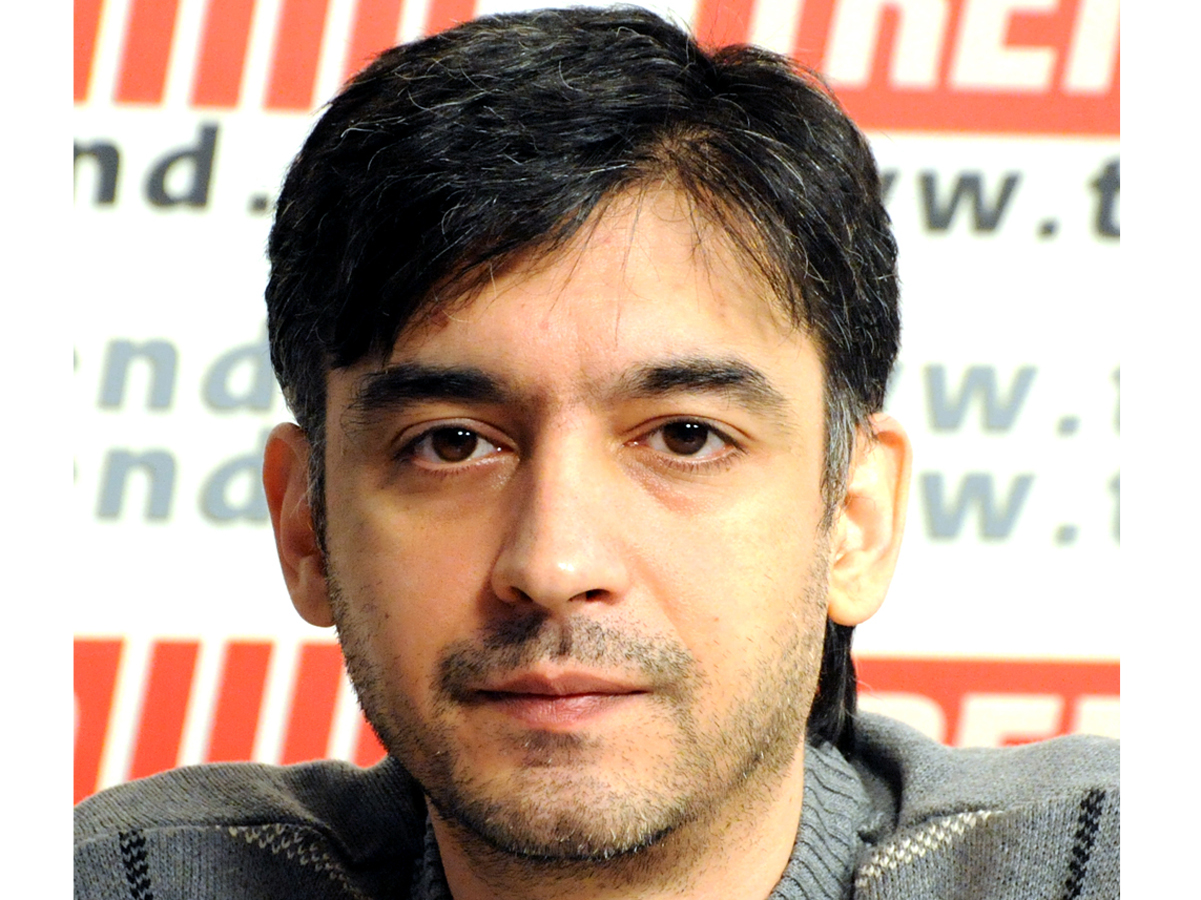Baku, Azerbaijan, Oct. 14
By Umid Niayesh - Trend:
Iran's parliament, which is under the control of the conservatives, finally seems to have gotten the message and in a meeting on Oct. 13 surprisingly approved the bill on implementing the Joint Comprehensive Plan of Action (JCPOA aka Iran nuclear deal) in a matter of minutes.
Reportedly Parliament Speaker Ali Larijani prevented hardliners from raising new disputes, and Iranian lawmakers approved the bill in only 20 minutes.
It was scheduled that some 200 proposals would be submitted for revising the bill but only three were presented. And the opposition MPs were not allowed to talk. Meanwhile the generalities of the bill received 100 no votes days ago, the detailed bill was passed by only 59 opposite votes.
Iranian foreign minister, Mohammad Javad Zarif who was in parliament to defend the JCPOA also was surprised at the result.
However it can not be considered as a surprise when we recognize a footprint of a shadow man in the process: Ali Asghar Hejazi, a senior official with the office of the supreme leader, Ayatollah Ali Khamenei, who reportedly heads the leader's intelligence and security department.
It was announced in the parliament session that one day ago, Hejazi in a meeting with Larijani and Ali Shamkhani, secretary-general of the Supreme National Security Council had talked about the bill and decision was made on ratifying the bill. The message was completely clear: parliament had no choice but to pass the bill quickly.
However Larijani emphasized that their meeting was not related to the leader. Earlier he also said Khamenei has no viewpoint about the JCPOA and will not interfere in the MPs' voting.
Meanwhile at the same time Eshaq Jahangiri, Iranian first vice-president, highlighted Khamenei's role in the nuclear deal. He said that Khamenei had the most significant role in this "achievement," while he was always informed about all details of the nuclear talks.
And, Iran's Guardian Council -which reviews the bills, to determine whether they violate the Constitution and the Islamic laws- should also ratify the bill. But moderates were almost sure that the game was over in their favor.
Head of Atomic Energy Organization of Iran, Ali Akbar Salehi, who was threatened with death by a hardliner MP in the parliament, said Oct. 13 that President Hassan Rouhani is to make a decision on Iran 's next action in fulfilling its commitments regarding the JCPOA.
After starting the deal implementation the European Union is to officially announce the termination of economic sanctions but will take effect after Iran successfully carries out its already assigned duties, he said, adding the US president will also read a statement to declare termination and suspension of economic sanctions and this also will happen after fulfillment of Iran 's commitments.
The procedure that was announced by Salehi is clearly contradicting one of the Khamenei's main redlines: lifting sanctions should not be linked to the time of verifying Iran's commitments.
Redlines seem sacrificed ahead of the interests for the first time, after years of insisting on a loss-making nuclear program.
It is estimated that Iran's nuclear program has cost $100 billion in lost oil revenues and lost foreign direct investment because of international sanctions ($500 billion, when including other opportunity costs) as of 2015 which forced Iran's leadership to announce a "heroic flexibility" in diplomacy and close its eyes to "some disputed steps" due to "some necessities".
Following the nuclear deal both sides announced victory, however reviewing the JCPOA indicates that Iran's achievements are mostly symbolic: The right to keep nuclear program and uranium enrichment, something that never justified economically with billions of loses over the past years due to sanctions.
Someone may ask whether the enrichment right is that important an issue to neglect huge losses to safeguard it?
Of course it is not justified from the viewpoint of most Western observes, but this is Iran. A place where a small symbolic victory is a big deal and sacrificing justice and interests for ideology is not a big deal. This is where justice always remains under the shadow of ideology.
Edited by CN
Umid Niayesh is Trend Agency's staff journalist, follow him on Twitter: @UmidNiayesh







